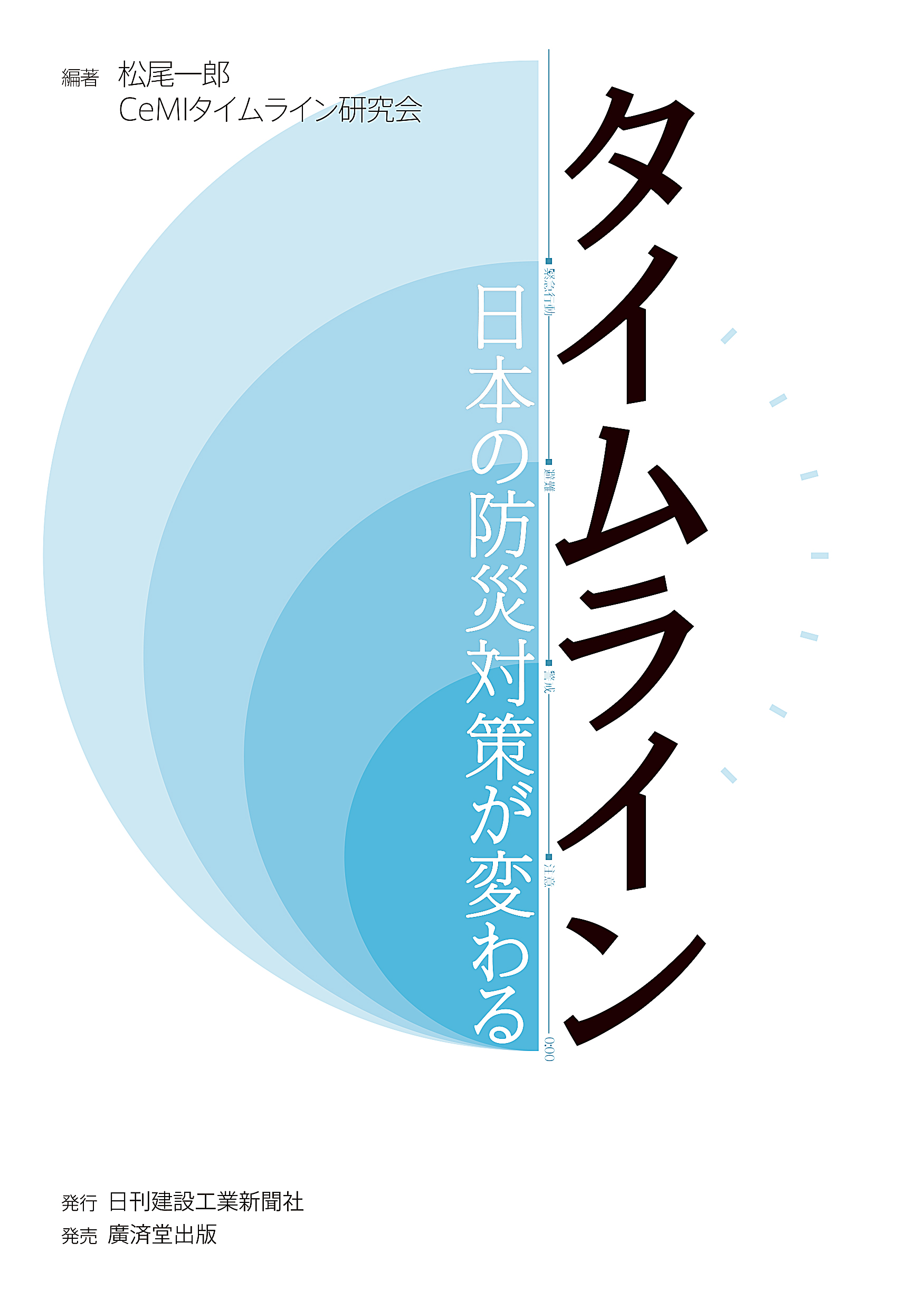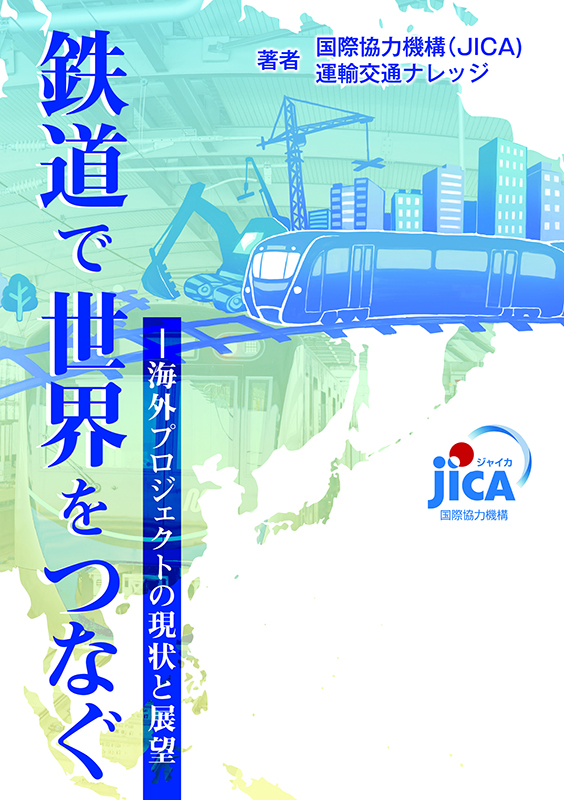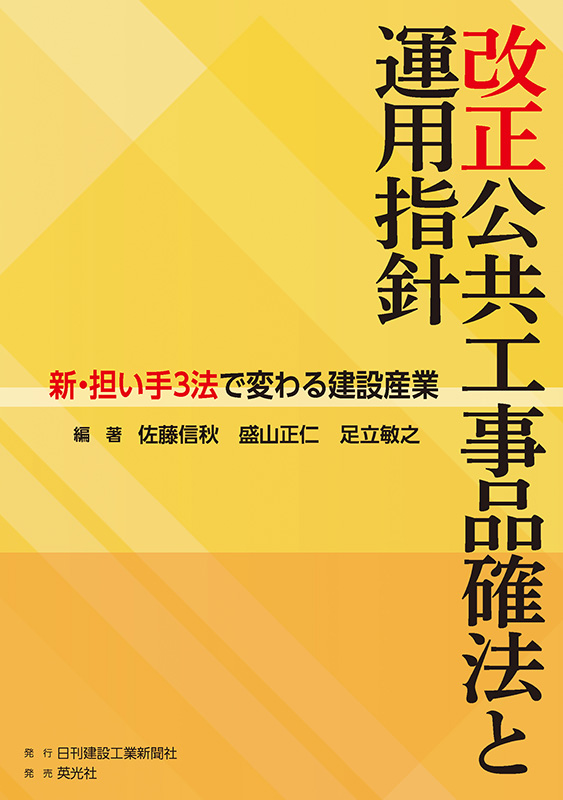The government decided on 18th that it will deregulate some rules in specific fields in National Strategic Special Zones in order to facilitate urban development with the world’s most pro-business environment. One of the deregulation package is to allow apartment developers to sell the surplus floor area ratio to surrounding office buildings so that it can save construction cost. Considering the increasing number of visitors from abroad and residents in Tokyo toward 2020 Olympic Games, development of apartment buildings in the city center is to be promoted.
The meeting of the Headquarters for Japan’s Economic Revitalization was held on the same day with attendance of Prime Minister Abe and all cabinet members, where the planned deregulation package was proposed. The administration aims to submit related bills to the extraordinary Diet session after the approval by the cabinet in early November. The first several special zones will be designated next year and three major cities, Tokyo, Osaka and Nagoya are the most likely candidates.
The deregulation measures consist of six sectors - urban development, healthcare, employment, education, agriculture, and historical community development. In the urban development sector, the government will be able to take a leadership instead of municipalities in authorization of urban planning aiming at more preferable business climate. The Joint Headquarters consisting of the government, municipalities and private sectors will set up an exceptional measure allowing developers to sell surplus floor ratio of apartments to other developers who plan to construct office buildings in the area. It is intended to prepare residential stocks mainly for foreign business person looking for long-term residence. In addition, permission standards for road occupancy will be loosened in order to facilitate on-street events and shops.
In other sectors besides urban development, the Special Zone enables private sectors to run public schools andregulations for hospital establishment which can accept foreign patients will be relaxed. It will also be permitted to use historical structures as hotels and restaurants to attract tourists from abroad. (2013/10/21)
















